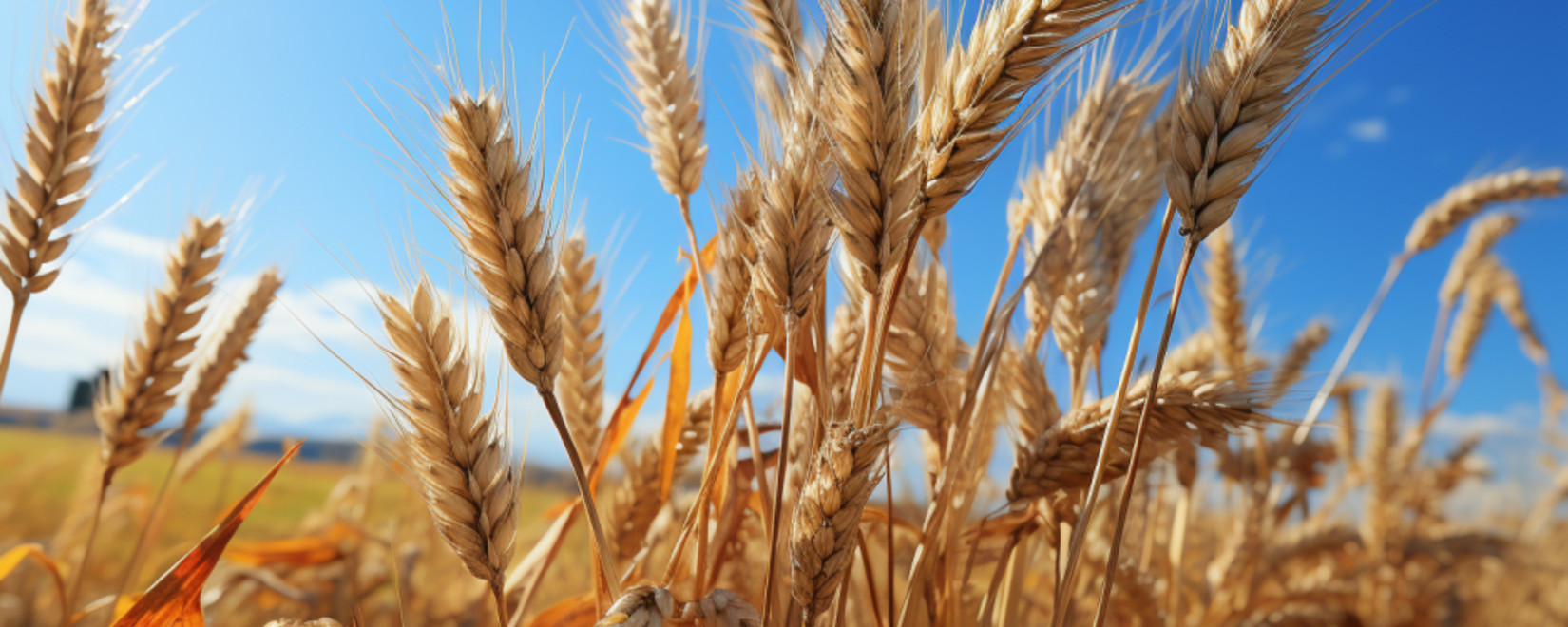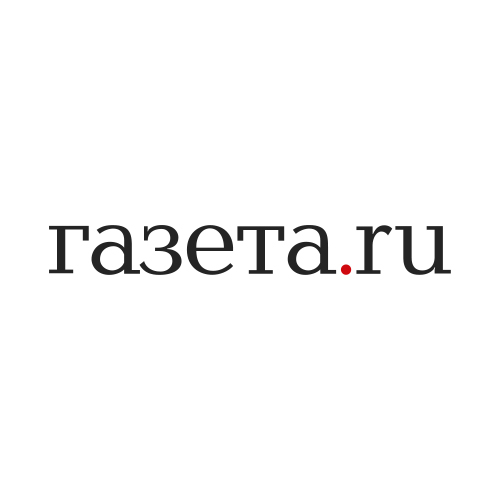Three of the five EU countries bordering Ukraine—Poland, Slovakia and Hungary—decided to extend the ban on the import of Ukrainian grain despite the EU’s refusal to lift the embargo. At the same time, Romania and Bulgaria are lifting restrictions. Why disagreements continue in Europe over grain from Ukraine - in the material of Gazeta.Ru.
The European Commission (EC) did not extend the ban on grain supplies from Ukraine, which expires on September 15, the EC press service reported on the official website.
The European Commission analyzed how exports of four categories of agricultural products (corn, wheat, rapeseed and sunflower seeds) affect the EU market and concluded that “market distortions in the five member states bordering Ukraine have disappeared.”
“It has been decided that the current measures will expire today. The European Commission will refrain from introducing any restrictions as long as effective measures on the part of Ukraine are in place and are fully operational,” the statement said.
Kyiv, in turn, pledged to introduce “legal measures”, including a system of licensing exports within 30 days, to avoid sharp spikes in grain supplies to the EU. In addition, Ukrainian authorities must provide an action plan by September 18 that will help prevent market turmoil.
"In the interests of the Polish farmer"
The decision of the European Commission met resistance from the states bordering Ukraine. They decided to extend the embargo unilaterally. Polish Minister of Development and Technology Waldemar Buda said that he signed an order to extend the ban on food supplies to the country from Ukraine.
“In connection with the erroneous decision of the European Commission to refuse to extend the grain embargo from Ukraine, in accordance with the instructions of Prime Minister Mateusz Morawiecki and the entire government, I signed an order maintaining the embargo,” Buda said.
Morawiecki, on Polish television, announced a ban on the import of Ukrainian grain despite the decision of the EC.
“We will not listen to Berlin, we will not listen to Von der Leyen, Tusk or Weber! We will do this because it is in the interests of the Polish farmer!” - he said.
Slovakia also decided to unilaterally extend the embargo on Ukrainian grain, local TV channel Markiza reported, citing the republic’s Ministry of Agriculture. According to the publication, the ban will take effect on the night of September 15-16.
Hungary extends embargo
Budapest went even further, banning the import of 24 types of Ukrainian agricultural products at once.
“Brussels made a decision: not to extend the ban on the import of Ukrainian grain. Hungary is closing its borders at the national level, extending this to 24 Ukrainian goods,” said Hungarian Agriculture Minister István Nad.
The list includes not only grains, but also vegetables, meat, eggs, honey and other agricultural products.
The decree, signed by Hungarian Prime Minister Viktor Orban, states that the transit of Ukrainian agricultural products through Hungarian territory is allowed, but each shipment will be transported within 15 days, and the cargo will be sealed.
“We waited until the last moment for the decision of the European Commission to maintain the ban, but Brussels did not listen to the requests of Eastern European farmers for help, effectively leaving Ukraine to decide what products and in what volume it will export to Hungary and other border countries,” Nagy said.
At the same time, Romania and Bulgaria, which also border Ukraine, supported the EC’s decision and did not extend the embargo.
Due to the import ban, Bulgaria has already lost 146 million levs (€74.6 million) in VAT alone and could lose another 40 million levs (€20.4 million) per month if the embargo is extended.
History of the ban and problems of farmers
On May 2, five EU countries - Bulgaria, Hungary, Poland, Romania and Slovakia - introduced a ban on the import of Ukrainian grain, and subsequently extended this restriction until September 15. Ukraine in September appealed to the EC with a request to lift restrictions, promising to introduce a number of measures to regulate the amount of production.
Mikhail Khachaturyan, associate professor of the department of the Faculty of Higher School of Management at the Financial University, in a conversation with RIA Novosti, said that the introduction of the embargo shows the one-sided nature of the solidarity of these countries with Ukraine.
“The main reason for the ban on the import of Ukrainian grain to Poland, the Czech Republic, Slovakia, Bulgaria and Romania is that this grain, as a result of the actions of its owners, large agro-industrial companies in the USA, Germany, France, is not sent further to African countries, but is thrown onto the market transit countries and brings down prices, which hurts local farmers,” Khachaturyan said.
According to the expert, countries are introducing such a ban because the loyalty of their electorate is more important to them.
In addition, Eastern European farmers are categorically opposed to Ukrainian grain. It is cheaper, so its presence on the market leads to the ruin of farms. Farmers staged protests, demanding to stop grain imports, this was one of the reasons for the introduction embargo.
The Ukrainian authorities do not intend to leave the decision of their European neighbors unanswered. Prime Minister of Ukraine Denis Shmygal previously stated: if Poland blocks the export of agricultural products, Kyiv will apply to the arbitration of the World Trade Organization for compensation for damage caused. Shmygal called the violation of trade law “in the interests of pre-election political populism” unacceptable.

 Trading platform
Trading platform 
 Monitoring
Monitoring  Express applications
Express applications 
 Fork Work
Fork Work 
 Service
Service  News
News  Directory
Directory 
